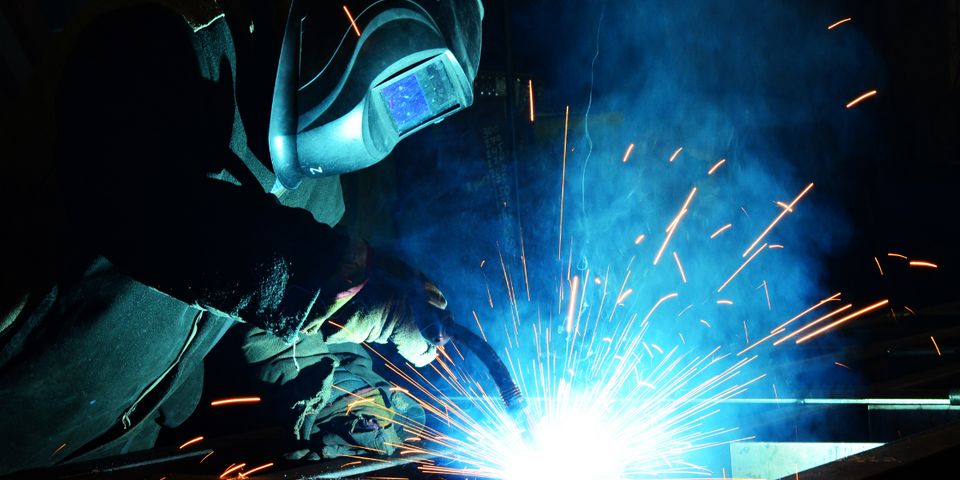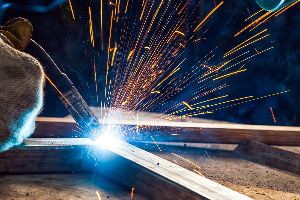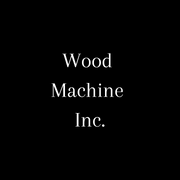
Different metals have different melting points. While this makes it more challenging to weld dissimilar metals together, it is not an impossible task. And combining metals can offer some distinct benefits, such as improved strength, durability, and damage resistance. A machine shop can handle this type of project for you, but it can be helpful to understand some basics of welding different metals.
The Factors to Consider
To determine if two or more metals can be successfully welded together, several aspects must be considered. First, the melting points of each need to be somewhat similar to avoid heat-related damage to one of the metals. Because an object's size changes with temperature alterations, the thermal expansion properties of each metal must also be factored in.

The welder at your machine shop will also consider where each metal sits on the electromechanical scale; those metals that are ranked closer together will involve an easier welding process. Additionally, each metal should be soluble enough to create a strong weld. Finally, think about how the final product will be used; if, for instance, it will be utilized in a high-heat environment, both metals will need a high level of heat resistance.
The Most Common Issues
Several issues can arise when a machine shop welds dissimilar metals. Disparities in thermal conductivity between two metals create different heating and cooling rates on each side of the weld. The metal with the higher conductivity will pull heat away from the weld zone, and if the difference in conductivities between the metals is substantial, the irregular heat dispersal can prevent the successful joining and solidification of the lower-conductivity metal.
Also, with different metals comes an increased risk of thermal expansion disparities, resulting in a greater likelihood of high residual stresses and leading to distortion or cracking. Welding dissimilar metals and putting them in a wet environment completes an electrical circuit. Because certain metals give up electrons more easily, these metals tend to corrode faster. As a result, certain parts of the finished weld may be more vulnerable to corrosion than other parts.
Your machine shop will find solutions to the common issues that plague different welding materials. Wood Machine, Inc. in New Brighton, MN, has been serving the Minneapolis/St. Paul Metro Region since 1977. They provide precision custom metal and plastic machining and metal fabrication services. They utilize state-of-the-art technology and years of skill and expertise to complete every project to the highest standards, ensuring total accuracy within ten thousandths of an inch. Call (651) 423-2719 or visit them online to request a quote.
About the Business
Have a question? Ask the experts!
Send your question

